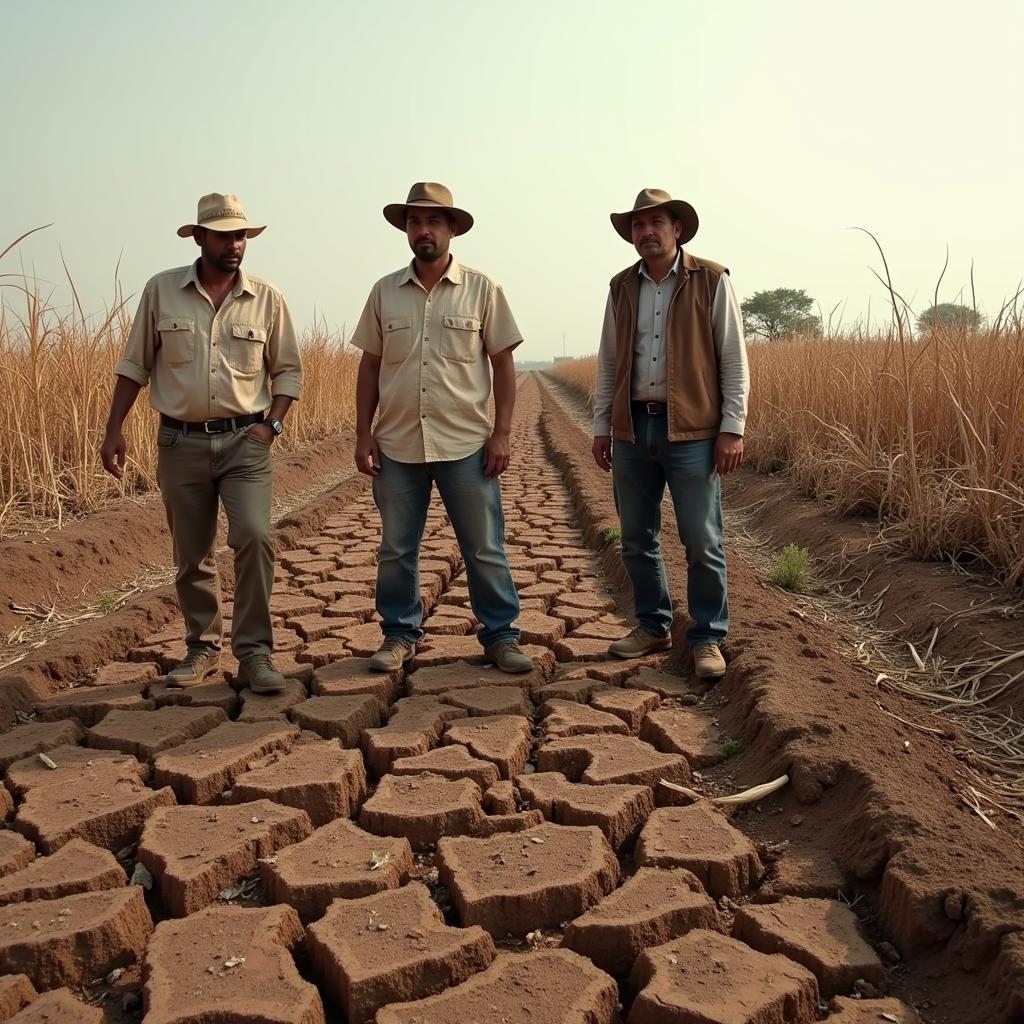Global warming’s impact on rural communities has become an increasingly common topic in IELTS Writing Task 2. Based on recent exam patterns and the effects of climate change on agriculture, this theme has appeared in various forms over the past few years, particularly in questions about environmental challenges and sustainable development.

Recent Exam Question Analysis
Some people believe that global warming is severely affecting rural communities more than urban areas. To what extent do you agree or disagree with this statement? Give reasons for your answer and include relevant examples from your knowledge or experience.
Task Analysis
- Topic: Comparative impact of global warming on rural vs urban areas
- Focus: Rural communities’ vulnerability
- Task type: Opinion (Agree/Disagree)
- Key requirements: Position statement, supporting reasons, examples
Sample Essay 1 (Band 8.0)
Climate change undoubtedly affects all populations globally, but I strongly agree that rural communities bear a disproportionate burden of its impacts. This essay will examine why these areas are particularly vulnerable to global warming’s effects and provide relevant examples to support this position.
The primary reason rural communities suffer more severely from global warming is their heavy dependence on agriculture and natural resources. Unlike urban areas with diversified economies, rural regions often rely entirely on farming and livestock for their livelihood. When impact of rising sea levels on communities combines with irregular rainfall patterns and extreme weather events, crop yields significantly decline, devastating these communities’ economic stability.
Furthermore, rural areas typically lack the infrastructure and resources to adapt to climate change effectively. While cities can implement sophisticated flood defense systems and climate-controlled environments, village communities often struggle with basic protective measures. For instance, in rural Bangladesh, communities face recurring floods without adequate early warning systems or evacuation infrastructure, leading to substantial losses of life and property.
The importance of renewable energy in rural areas becomes particularly evident when considering their limited access to alternative economic opportunities. Unlike urban residents who can switch careers during environmental crises, rural inhabitants have fewer options for occupational diversification, making them more vulnerable to climate-related economic disruptions.
In conclusion, while global warming affects everyone, its impact on rural communities is indeed more severe due to their agricultural dependence, limited infrastructure, and fewer adaptation options. Governments must prioritize rural climate resilience through targeted support and resource allocation.
Sample Essay 2 (Band 6.5)
I agree that global warming has a bigger effect on rural communities than urban areas. This essay will discuss the main reasons for this situation.
Firstly, rural people depend more on farming for their living. When the weather changes because of global warming, their crops get damaged easily. For example, many farmers in India lose their crops every year because of unusual rain or very hot weather. This makes their life very difficult.
Secondly, villages don’t have good facilities to deal with climate problems. Cities have better buildings and systems to handle bad weather, but rural areas don’t have these things. When floods or storms come, village people suffer more damage to their homes and farms.
Also, rural communities don’t have many different types of jobs. If farming becomes difficult because of climate change, they cannot easily find other work like people in cities can. This makes their situation worse when global warming affects their usual way of making money.
In conclusion, I think rural communities face bigger problems from global warming because they depend on farming, have fewer facilities, and cannot easily change their jobs. The government should help these communities more to handle climate change problems.
Vocabulary Analysis
- disproportionate (adj) /ˌdɪsprəˈpɔːʃənət/ – too large or too small in comparison with something else
- infrastructure (n) /ˈɪnfrəstrʌktʃə/ – basic physical and organizational structures needed for operation
- adaptation (n) /ˌædæpˈteɪʃn/ – the process of changing to suit different conditions
- resilience (n) /rɪˈzɪliəns/ – ability to recover quickly from difficulties
- occupational (adj) /ˌɒkjuˈpeɪʃənl/ – relating to a person’s job
- diversification (n) /daɪˌvɜːsɪfɪˈkeɪʃn/ – the process of varying activities or products
- devastating (adj) /ˈdevəsteɪtɪŋ/ – highly destructive or damaging
Conclusion
This topic remains highly relevant for IELTS candidates. Practice writing similar essays about environmental impacts on specific communities, such as coastal villages affected by rising sea levels or mountain communities facing glacial melting. Share your practice essays in the comments section for feedback and improvement suggestions.